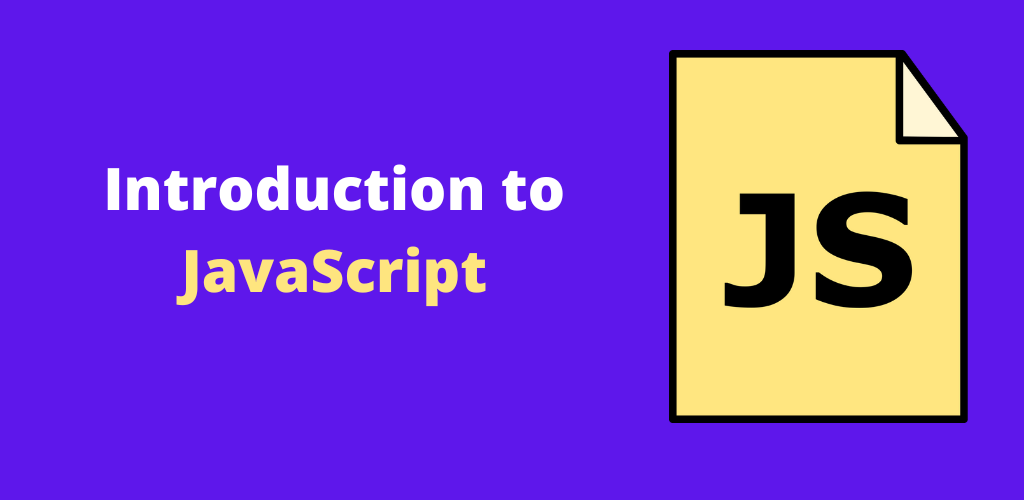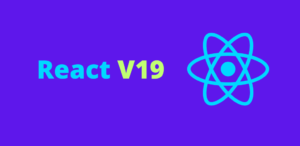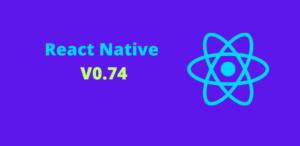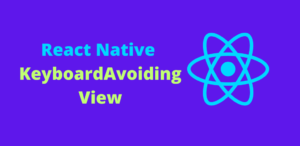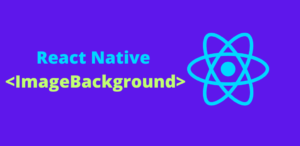In the vast landscape of web development, JavaScript stands out as a cornerstone technology. It’s the magic behind dynamic content, interactive user interfaces, and countless modern web applications. Whether you’re a budding developer or a seasoned programmer looking to expand your skill set, understanding JavaScript is essential. In this blog, we’ll explore the basics of JavaScript, its importance in web development, and some key concepts to get you started.
What is JavaScript?
JavaScript is a high-level, interpreted programming language that conforms to the ECMAScript specification. It is a versatile language, primarily known for its role in enhancing web pages by making them interactive. JavaScript allows developers to implement complex features on web pages, such as real-time content updates, interactive forms, animations, and much more.
The Evolution of JavaScript
JavaScript was created by Brendan Eich in 1995 while he was working at Netscape Communications Corporation. Originally developed in just ten days, JavaScript was initially intended to be a simple scripting language for web browsers. However, it quickly evolved into a robust and essential tool for web development.
Over the years, JavaScript has undergone significant transformations. The introduction of the ECMAScript standard, which governs the language’s development, has led to the continuous improvement of JavaScript. Major updates, like ES6 (ECMAScript 2015), introduced features such as classes, modules, and arrow functions, which have made the language more powerful and easier to use.
Why Learn JavaScript?
- Ubiquity: JavaScript is everywhere. It is the only programming language that can run in all modern web browsers without needing any plugins. This ubiquity makes it a must-know for web developers.
- Versatility: JavaScript is not just for front-end development. With the advent of Node.js, JavaScript can also be used for server-side programming, allowing developers to use the same language for both client-side and server-side code.
- Community and Resources: JavaScript has a vast and active community. This means an abundance of libraries, frameworks, tools, and resources are available to help you learn and develop with JavaScript.
- Career Opportunities: Knowledge of JavaScript opens up numerous career opportunities in web development, full-stack development, and even mobile app development (using frameworks like React Native).
Key Concepts in JavaScript
- Variables and Data Types: Variables in JavaScript can hold different data types, including numbers, strings, objects, and arrays. JavaScript is dynamically typed, meaning a variable’s type is determined at runtime.
let name = "John";
let age = 30;
let isStudent = true;
Functions: Functions are blocks of code designed to perform particular tasks. They are executed when they are called.
function greet(name) {
return `Hello, ${name}!`;
}
console.log(greet("Alice"));
Events: JavaScript can react to events triggered by the user or the browser, such as clicks, form submissions, and page loads.
document.getElementById("myButton").addEventListener("click", function() {
alert("Button clicked!");
});
DOM Manipulation: The Document Object Model (DOM) represents the structure of a web page. JavaScript can interact with and manipulate the DOM to change the content and structure of a web page dynamically.
document.getElementById("myDiv").innerHTML = "New Content";
Asynchronous Programming: JavaScript supports asynchronous operations, allowing tasks like data fetching from a server to be performed without freezing the entire application.
fetch('https://api.example.com/data')
.then(response => response.json())
.then(data => console.log(data))
.catch(error => console.error('Error:', error));
Popular JavaScript Libraries and Frameworks
- React: A library for building user interfaces, maintained by Facebook. It allows developers to create large web applications that can change data without reloading the page.
- Angular: A platform and framework for building single-page client applications using HTML and TypeScript, maintained by Google.
- Vue.js: A progressive JavaScript framework for building user interfaces. Vue is designed to be incrementally adaptable, focusing on the view layer only.
- Node.js: An open-source, cross-platform JavaScript runtime environment that executes JavaScript code outside of a web browser, primarily used for server-side development.
Conclusion
JavaScript is an indispensable tool in modern web development. Its ability to create dynamic and interactive user experiences makes it a crucial language for any aspiring web developer. With continuous updates and a robust community, JavaScript’s relevance and utility are only growing. By mastering JavaScript, you’ll be well-equipped to tackle a wide range of development challenges and build cutting-edge web applications. Happy coding!
